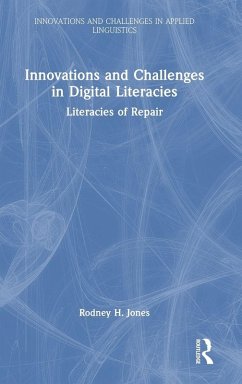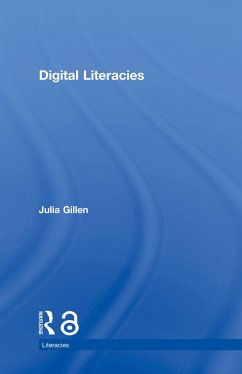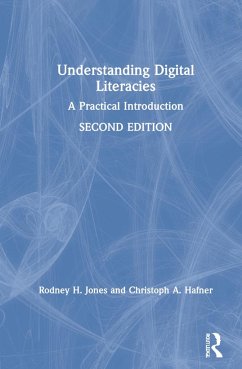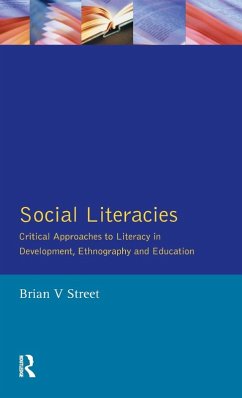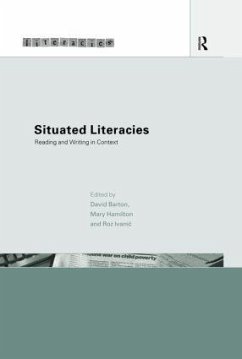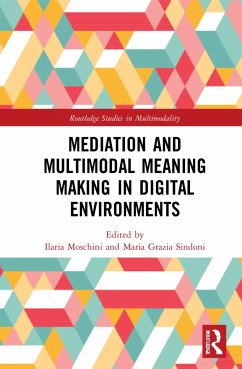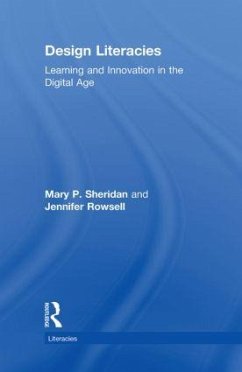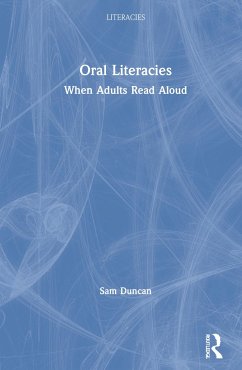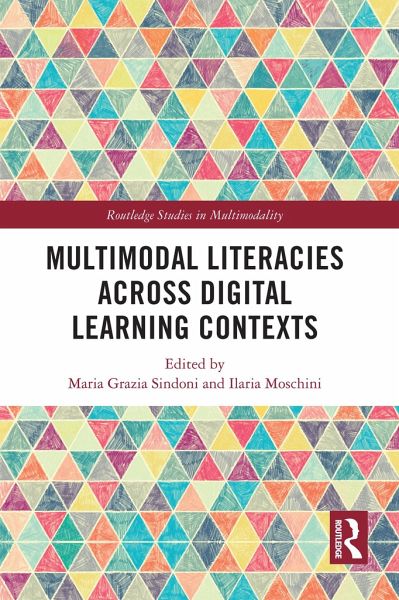
Multimodal Literacies Across Digital Learning Contexts
Versandkostenfrei!
Versandfertig in 1-2 Wochen
168,99 €
inkl. MwSt.
Weitere Ausgaben:

PAYBACK Punkte
84 °P sammeln!
This collection critically considers the question of how learning and teaching should be conceived, understood, and approached in light of the changing nature of learning scenarios and new pedagogies in this current age of multimodal digital texts, practices, and communities. The book takes the concept of digital artifacts as being composed of multiple meaning-making semiotic resources, such as visuals, music, and design, as its point of departure to explore how diverse communities interact with these tools and develop and explore their understanding of digital practices in learning contexts. ...
This collection critically considers the question of how learning and teaching should be conceived, understood, and approached in light of the changing nature of learning scenarios and new pedagogies in this current age of multimodal digital texts, practices, and communities. The book takes the concept of digital artifacts as being composed of multiple meaning-making semiotic resources, such as visuals, music, and design, as its point of departure to explore how diverse communities interact with these tools and develop and explore their understanding of digital practices in learning contexts. The first section of the volume examines different case studies in which involved participants learn to grapple with the introduction of digital tools for learning in children's early years of schooling. The second section extends the focus to secondary and higher education settings as digital learning tools grow more complex as do students, parents, and teachers' interactions with them and the subsequent need for new pedagogies to rethink these multimodal artifacts. A final section reflects on the implications of new multimodal tools, technologies, and pedagogies for teachers, such as on teacher training and community building among educators. In its in-depth look at multimodal approaches to learning as meaning-making in a digital world, this book will be of interest to students and scholars in multimodality, English language teaching, digital communication, and education.




